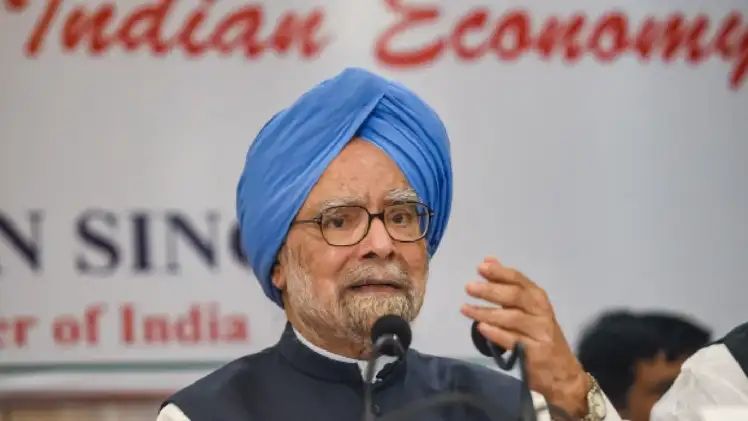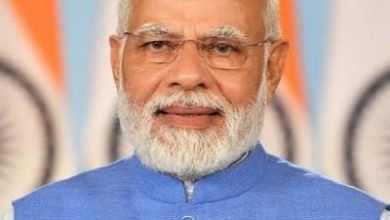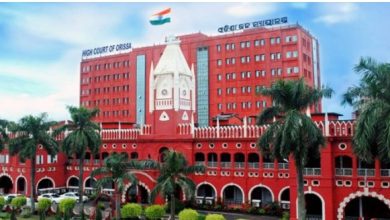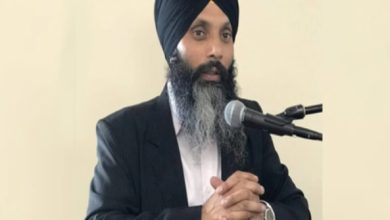Manmohan Singh, The Architect Of India’s Economic Reforms, Dies At 92: A Nation Mourns

Former Prime Minister Manmohan Singh, a distinguished economist and statesman, passed away in Delhi on Thursday at the age of 92.
He had been battling a prolonged illness and was admitted to AIIMS Delhi earlier in the day after his health deteriorated.
Singh was renowned for his pivotal role in India’s economic transformation, particularly as the architect of the 1991 economic reforms. These reforms liberalised the Indian economy, opening it up to global markets and positioning India as one of the world’s fastest-growing economies.
His tenure as Finance Minister under Prime Minister PV Narasimha Rao’s government marked a turning point in India’s economic history, as Singh introduced measures that encouraged privatisation, deregulation, and liberalisation. This set the stage for India’s rapid economic growth in the years that followed.
Born on September 26, 1932, in Gah, Punjab (now in Pakistan), Singh excelled academically and went on to study at prestigious institutions like the University of Cambridge and the University of Oxford. His distinguished career spanned various roles in India’s economic policymaking, including Chief Economic Advisor (1972-1976), Governor of the Reserve Bank of India (1982-1985), and Deputy Chairman of the Planning Commission (1985-1987).
Singh served as the Prime Minister of India for two consecutive terms from 2004 to 2014, leading a Congress-led coalition government, the United Progressive Alliance (UPA). His leadership saw India embark on major social reforms, such as the launch of the Mahatma Gandhi National Rural Employment Guarantee Act (MGNREGA) and the Right to Information Act. Additionally, he played a critical role in negotiating the historic Indo-US Civil Nuclear Agreement, which ended decades of nuclear isolation for India.
Despite his achievements, Singh’s tenure was not without controversy. His government faced corruption scandals, including the 2G spectrum scam and the coal block allocation controversy, which marred his legacy.
Singh’s commitment to public service and his contributions to India’s growth will always be remembered. His health had been declining in recent years, and he retired from the Rajya Sabha in April 2024 after over three decades of service in the Upper House.
Condolences from political leaders, including Congress members, poured in as the nation mourns the loss of one of its most respected statesmen. Singh’s death marks the end of an era in Indian politics and economics.







